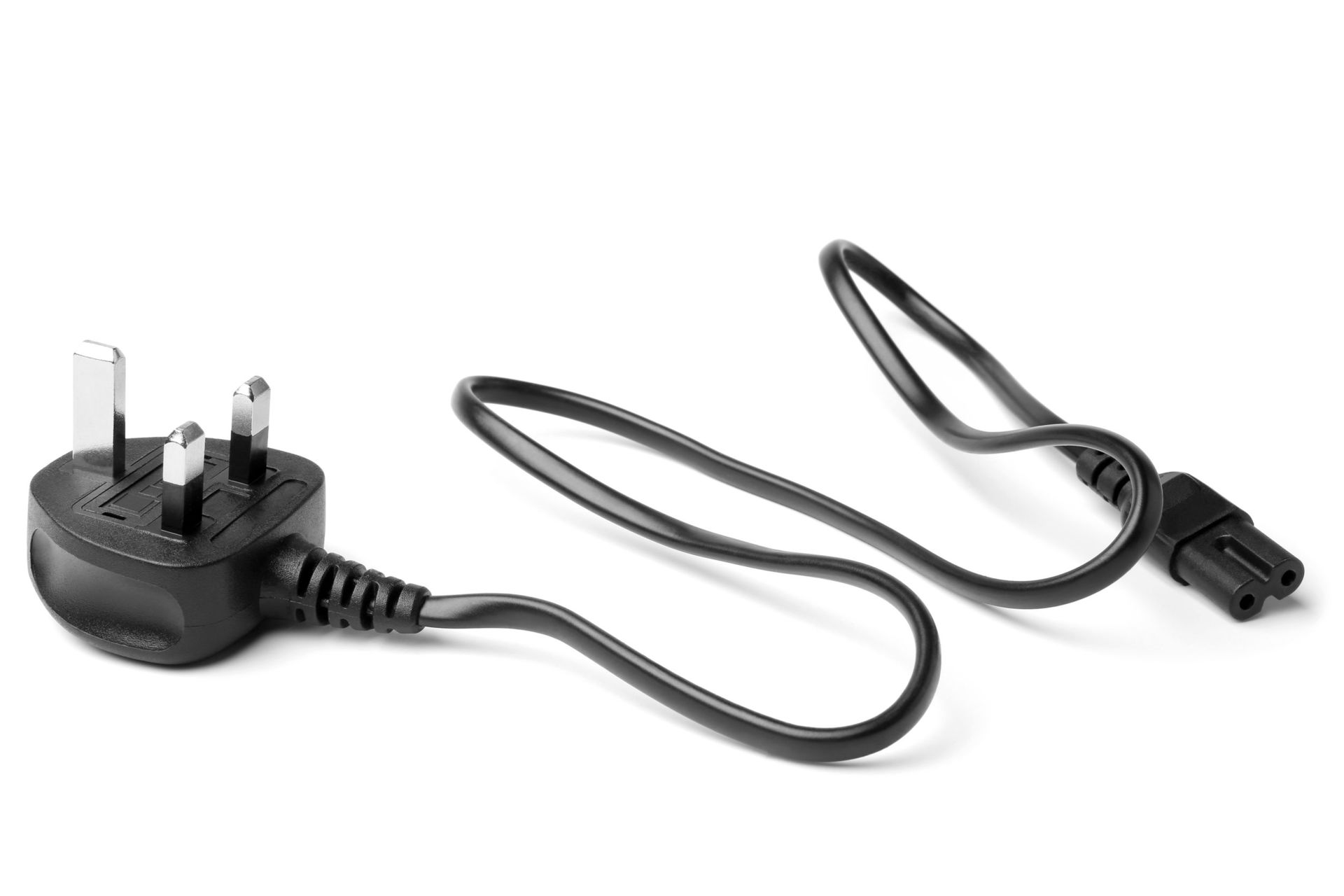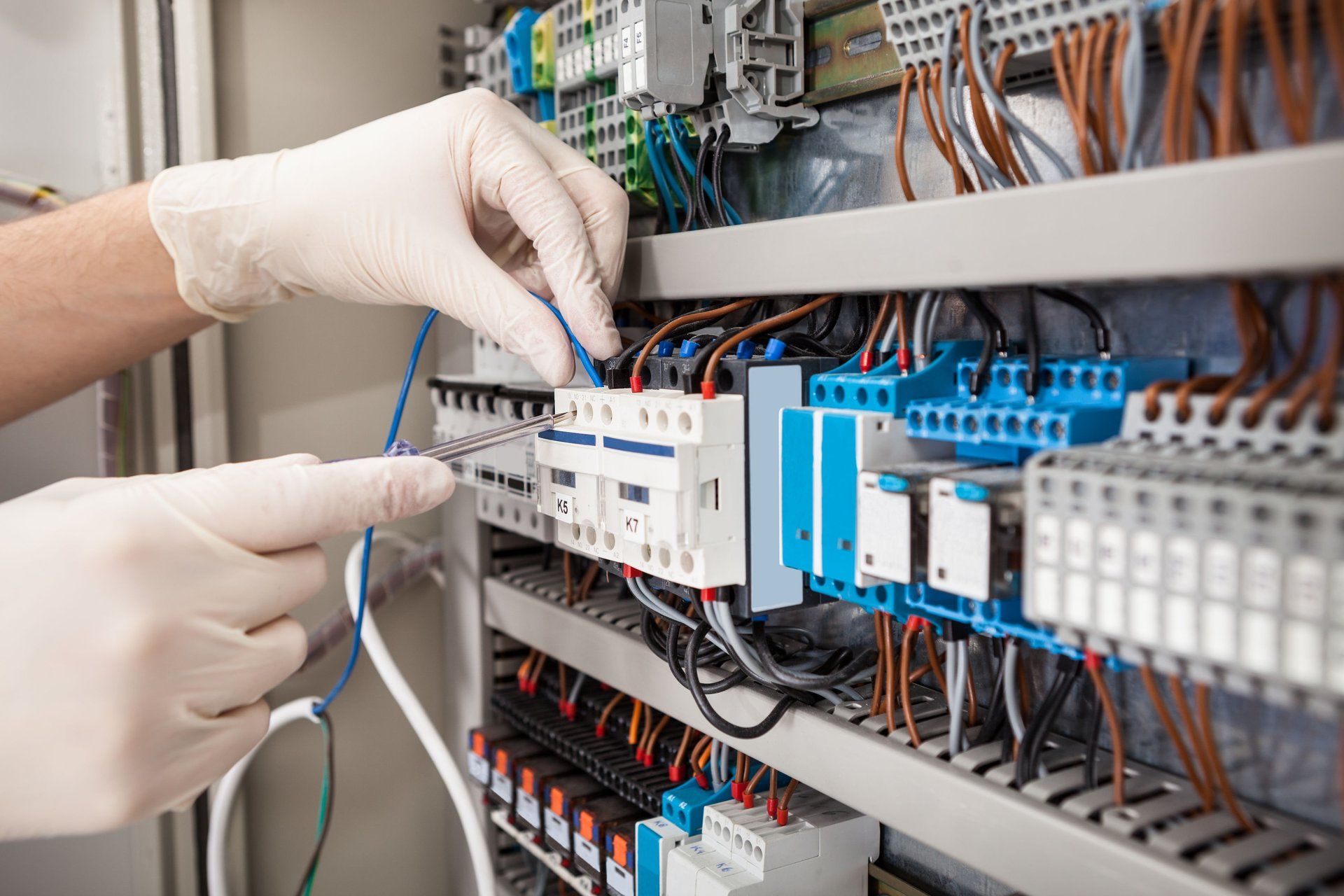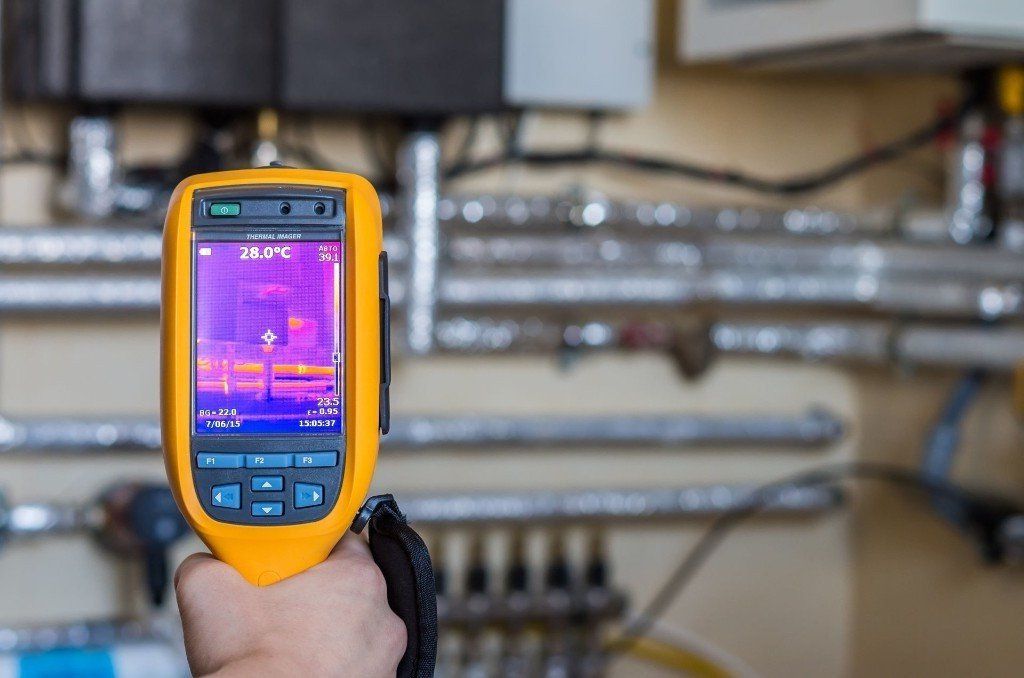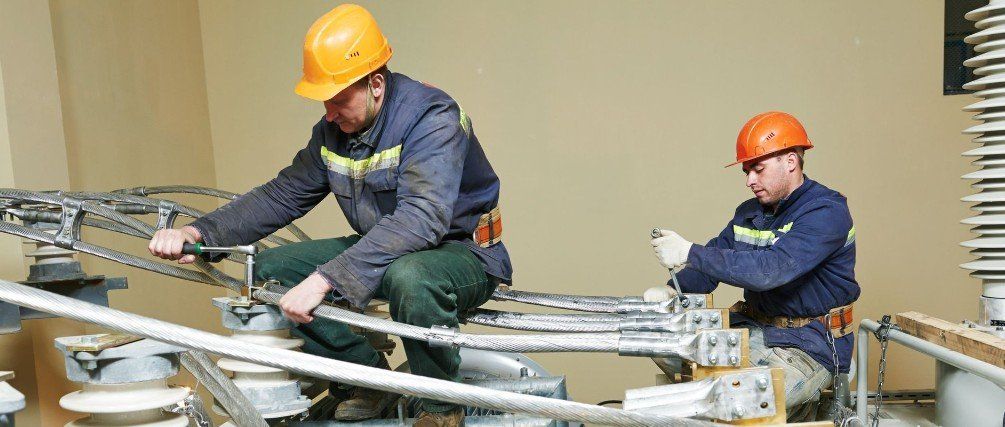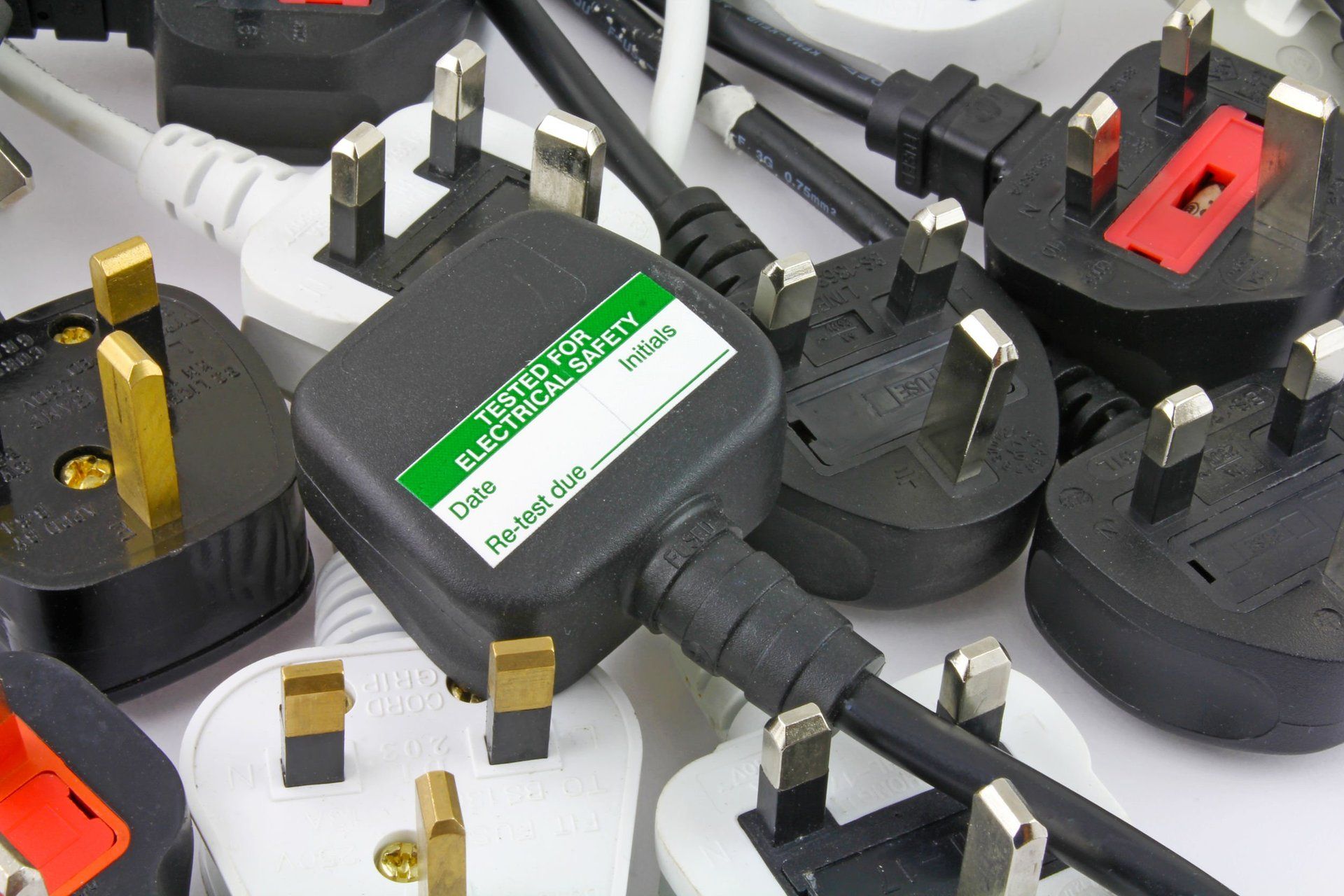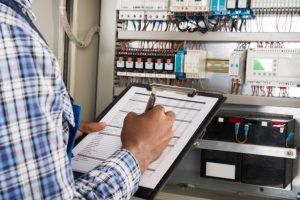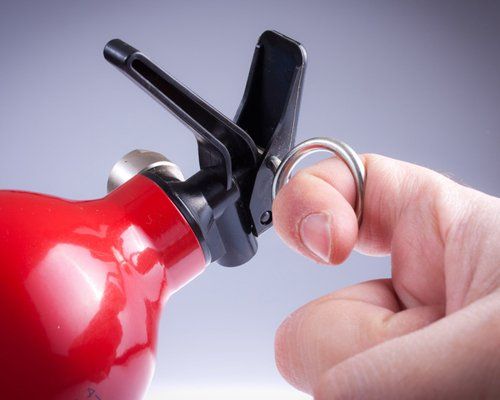Electrical Test
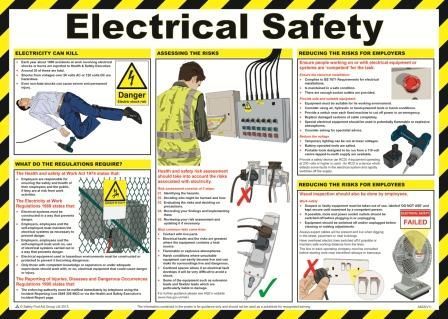
Types of Electrical Testing?
Within the electric industry, there are several different types of testing needed for standard safety procedures, used for a variety of different purposes and certifications. The different levels of testing required will be dependant on what kind of equipment is being testing – for example, CLASS I (earthed) or CLASS II (double insulated).
Electrical Testing
If you’ve booked a PAT test (which stands for Portable Appliance Test) your electrician may use all, or a variety of these tests to determine whether or not your device is suitable and safe to be used in public spaces. PAT testing is needed as it ensures you are fully compliant with all health and safety requirements.
The Visual Test
This is the first carried out for electrical work. This is carried out first and foremost, because around 90% of issues / faults can be identified this way. Generally speaking, the visual test will involve checking the following things:
- Smelling the electrics
- Pulling on leads – checking for anything loose or uneven
- Tapping the appliance – checking for sparks or reactions
- Shaking the appliance – same as above
- Checking general safety and quality
If there are any major issues or faults, they can usually be identified through this first stage of testing.
Earth Testing
For Class 1 appliances (such as microwaves, extension leads, for example) there next needs to be an Earth test done on the appliance. The Earth test checks the conductor of any Class 1 appliances. It is extremely crucial to ensure the Earth is satisfactory on an appliance before doing the Insulation Resistance Test.
Resistance Testing
The next test often conducted, is the insulation resistance test. This is another electrical standards test which uses a specific type (and level) of voltage to measure the insulation resistance in Ohm`s. The measured resistance, can then indicate the condition of the insulation between the two conductive parts in question.
The Leakage Test
As the name suggests, the leakage test shows any leakage or escaping within the electrical current. Leaks could be down to dampness, fault wiring / connections and every fraying in the wires themselves. Leakages are one of the main causes for electrical shocks, so this test is highly important.
Checking Safety and Ensuring Standards
It’s important to ensure all electrical items have passed their electrical test in the correct way, to ensure they comply with the relevant safety standards and regulations. This is something required by law. CSE can offer their expert opinion where necessary. If you’re unsure any appliance in your home reaches the safety standards, you can contact and electrician to complete these tests for you.
Commercial Electrical Compliance, servicing all sectors
Our highly qualified team of electrical engineers undertake all types of Electrical Testing on every scale, across all industries throughout the UK.
Emergency lighting testing services can also be included in our electrical maintenance contracts, electrical installation and electrical repairs for clients wishing to outsource their electrical works.
So, whatever your requirements are, we can help, call 01925320707 or send your enquiry to info@cseelectrical.co.uk
Testing Offers and Package Deals NATIONWIDE
We will beat any like for like quote.
10%
For companies based in Cheshire
3 year or 5 year contracts to suit your needs, we can do this for all our services and guarantee the best price.
Why choose us
CSE are approved inspection and testing contractors, we can offer your establishment, a frequent and reliable Testing Service ensuring you stay up to date with the latest Legal Requirements in accordance with BS 7671:01925320707 regulations.
We understand what form of compliance you require and work around your schedule to ensure there is minimum disruption to your business to suit your individual needs and requirements, at no extra cost.
Portable Appliance Electrical Test (PAT)
Determining what needs to be PAT tested is not as difficult as it sounds. For the purpose of legislation, portable appliances include all equipment that is not part of a fixed installation but is meant to be connected to a fixed installation or generator. Any appliance that uses a flexible cable or plug and socket qualifies as a portable appliance. In other words, if you have an appliance that has a plug that is intended to be connected to a wall socket or generator, it qualifies as needing to be PAT tested.
Fixed Wire Testing
- Replacing faulty or damaged wiring
- Replacing old fuse wires
- Provide new wiring
- Updating consumer units
- Complying with regulations
- Single & three phase systems
- Shops and Offices – max 5 years
- Commercial premises – max 5 years
- Hotels and Public Houses – max 5 years
- Industrial premises – max 3 years
- Launderettes – max 1 year
- Educational premises – max 5 years
- Places of public entertainment and theatres – max 3 years
- Swimming Pools – max 1 year
Emergency Light Testing
It is really important that emergency lights are given a full rated duration test every year. That means if the emergency lights back up should provide 3 hours of illumination (which is often the case), they need to be tested for the full 3 hours to ensure they're still working at the end of the test.
